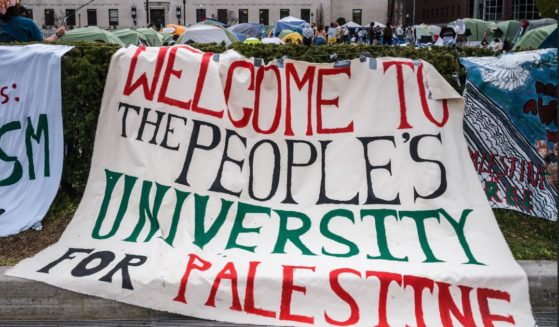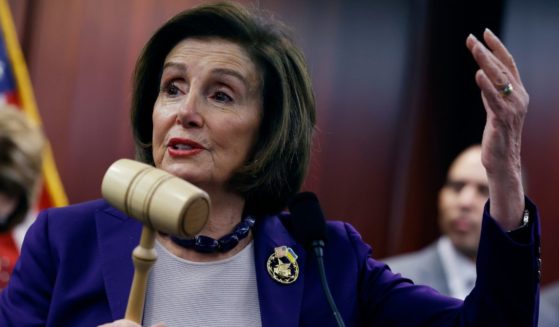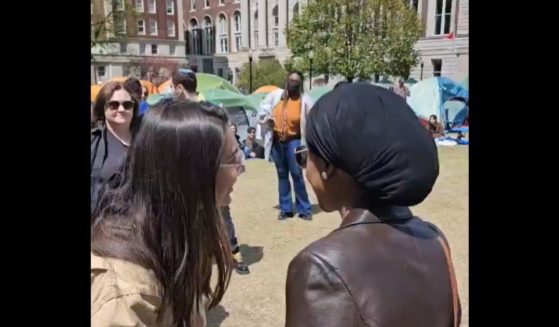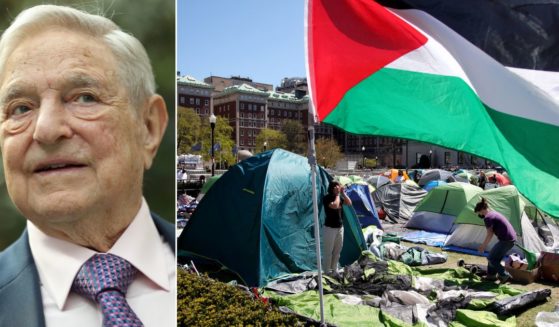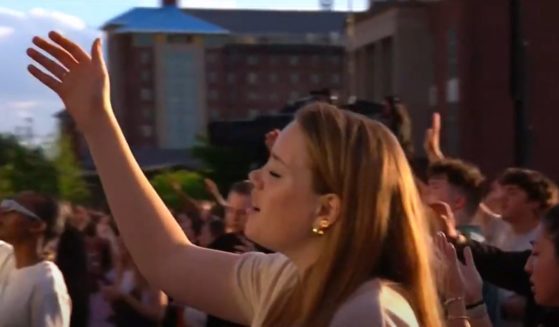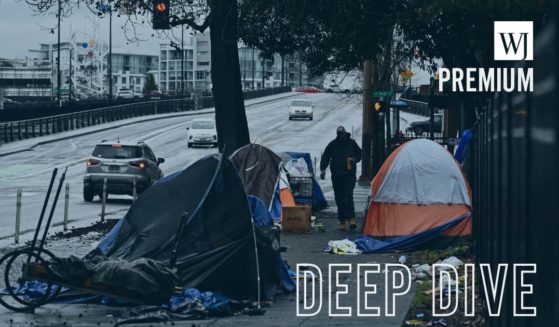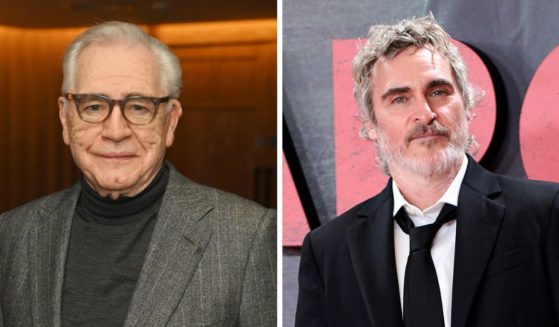Salvadoran front-runner seeks to end decades of 2-party rule
SAN SALVADOR, El Salvador (AP) — A former mayor of El Salvador’s capital romped to victory in Sunday’s presidential election, winning more votes than his two closest rivals combined to end a quarter century of two-party dominance in the crime-plagued Central America nation.
The Supreme Electoral Court declared Nayib Bukele the winner, saying he had nearly 54 percent of the votes, with nearly 90 percent of ballots counted. Carlos Callejas of the Nationalist Republican Alliance was far behind in second with less than 32 percent, while even farther back were former Foreign Minister Hugo Martinez of the Farabundo Marti National Liberation Front and a minor party candidate.
Bukele surpassed the 50 percent of the votes needed to avoid a March runoff, and he had already claimed victory before a jubilant crowd in the capital and invited supporters to celebrate in the streets.
“We have full certainty that we have won the presidency, and we have won in the first round,” Bukele said.
All four candidates promised to end corruption, stamp out gang violence and create more jobs, with crushing crime at the top of the agenda. Roughly 67,000 Salvadorans belong to gangs that terrorize their communities with extortion, murder and other forms of violence.
The candidates proposed creating economic opportunities and restoring social values to dissuade Salvadorans from engaging in criminal behavior.
There were no reports of major problems in voting.
Bukele, 37, made his political debut in 2012 as a small-town mayor with the now-ruling FMLN and won election in the capital three years later, automatically making him a potential presidential contender. But his frequent criticism of the leftist party’s leadership led to his expulsion, and he wound up as the unlikely standard-bearer of a small conservative party known as the Grand Alliance for National Unity, whose initials — GANA — mean “win” in Spanish.
The FMLN and the conservative Alliance, known as ARENA, have dominated Salvadoran politics since a 1992 peace deal that ended a brutal civil war. But both parties have been stained by corruption scandals and neither has been able to stem gang violence.
“I came to vote because I want the country to change, because we are tired of so much corruption,” said Estela Henriquez, 27, at a polling place in the capital.
More than 4,500 election observers, including representatives of the Organization of American States and the European Union, were on hand.
El Salvador is small both in size and population, with just 6.5 million people. Close to a third of its households live in poverty, while the World Bank says per capita income is $3,560.
Salvadorans searching for a better life have joined recent caravans of migrants trekking through Mexico toward the U.S.
The Western Journal has not reviewed this Associated Press story prior to publication. Therefore, it may contain editorial bias or may in some other way not meet our normal editorial standards. It is provided to our readers as a service from The Western Journal.
Truth and Accuracy
We are committed to truth and accuracy in all of our journalism. Read our editorial standards.


